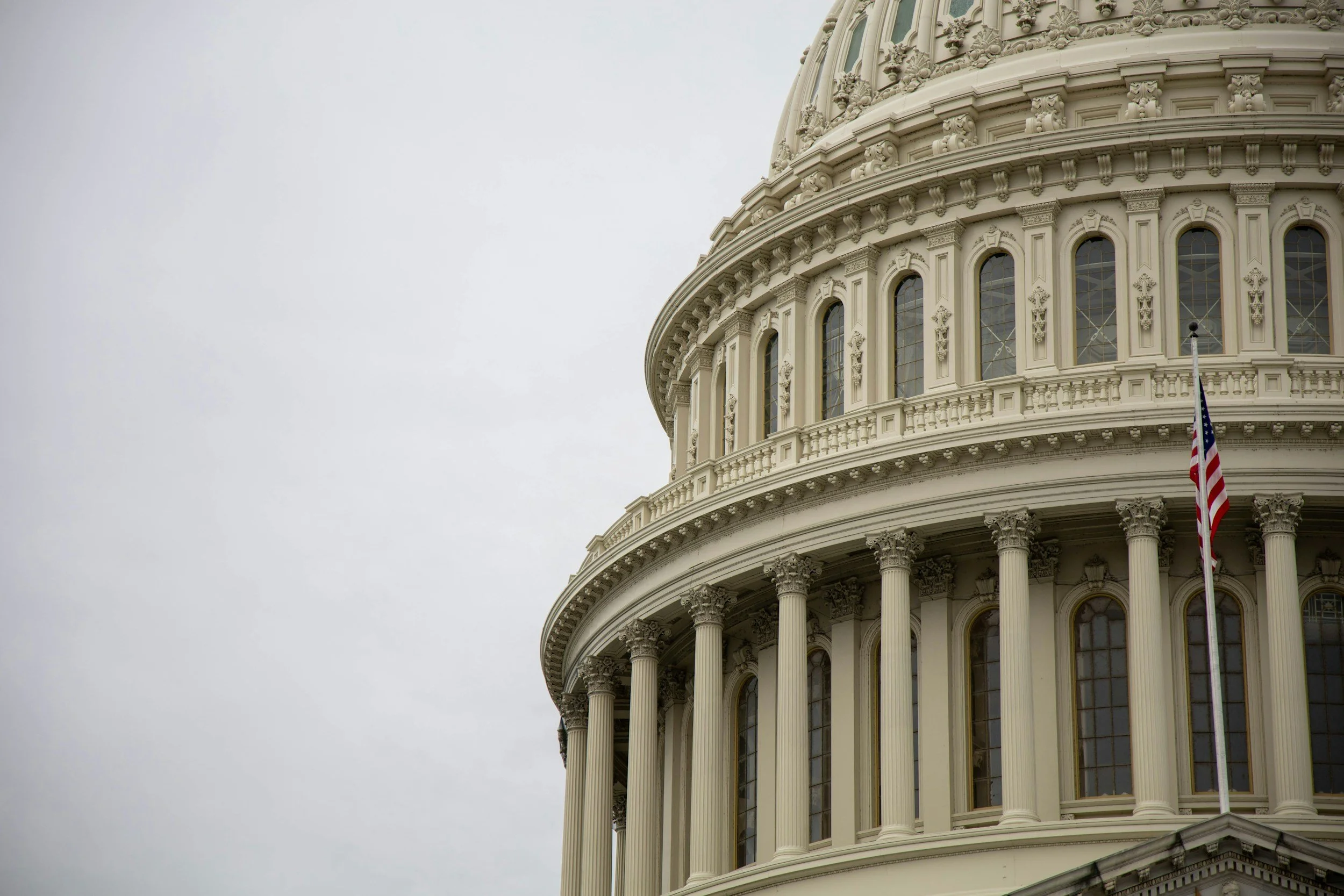The United States plans to ease travel restrictions on all fully vaccinated foreign visitors starting in November, the White House said Monday, relaxing a patchwork of regional COVID-19 travel bans.
The new rules will require all foreign nationals arriving in the United States to show proof of being fully vaccinated, the White House Covid-19 response coordinator Jeff Zients said. He said the new rules would take effect in early November, a timeline that will give agencies and airlines "time to prepare." Zients said the White House would defer to the CDC on the definition of "fully vaccinated," including on which vaccines qualify. The Financial Times was first to report the news.
The lifting of blanket restrictions on travel to the United States from certain countries will come as welcome news to thousands of foreign nationals with families and employment in the United States who have had travel plans stymied almost the entire pandemic.
Fully vaccinated foreign nationals and American citizens returning to the United States from abroad will be required to take a pre-departure Covid-19 test within three days of their flight, and show proof of a negative result before boarding. Unvaccinated Americans returning to the US will be "subject to stricter testing requirements," Zients said, including a test within one day of departure and an additional test when they return.
Fully vaccinated passengers will not be subject to any quarantine mandates upon arrival in the US.
The US Centers for Disease Control and Prevention plans to issue a contact tracing order requiring airlines to collect information from US-bound travelers, including a phone number and email address, to alert travelers of potential exposure. Airlines will be required to keep contact tracing information for 30 days.
If you have concerns about travel to the U.S. from abroad, please contact us.





